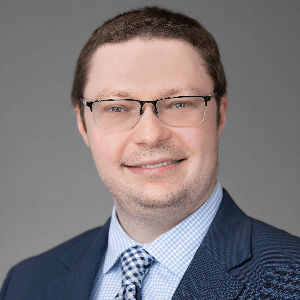Abstract:
Introduction: During the early stages of the COVID-19 pandemic, Multiple Myeloma (MM) patients exhibited a high hospitalization rate (56%), with 20% requiring critical care and an 18% increased mortality risk. MM patients undergoing anticancer therapy who contracted symptomatic COVID-19 faced a 55% higher risk of death. Even in the post-pandemic era, MM patients remain highly vulnerable to severe SARS-CoV-2 infections due to their immunocompromised status. This study aims to: (1) develop a model that explains the pathogenesis and interplay between MM and severe SARS-CoV-2 infections, and (2) assess the therapeutic potential of Mesenchymal Stem Cells (MSCs) and Exosomal Vesicles (EVs) against severe SARS-CoV-2, supported by clinical evidence.
Methods: Severe SARS-CoV-2 infection induces multi-organ dysfunction via IL-6-mediated inflammation. In MM, IL-6 acts as a survival factor for myeloma cells, reshaping the bone marrow microenvironment and driving disease progression. In this model, severe SARS-CoV-2 exacerbates the pro-inflammatory state in MM patients due to elevated IL-6 production, leading to heightened complement activity, acute phase reactants, and systemic injury.
Results: Given the limited therapeutic options for immunocompromised patients, MSCs and EVs have emerged as promising interventions. Clinical evidence suggests that MSCs and EVs neutralize SARS-CoV-2 viral entry and modulate the immune response, enhancing therapeutic efficacy. Additionally, their regenerative properties promote tissue repair and angiogenesis. In clinical trials, MSCs and EVs demonstrated a 90% overall survival rate in severe SARS-CoV-2 patients within one month post-treatment, with sustained benefits for at least six months.
Conclusion: MSCs and EVs have shown to be safe, well-tolerated, and effective in improving survival rates in severe SARS-CoV-2 patients. By targeting multiple disease pathways, suppressing IL-6, dampening inflammation, and promoting tissue repair, MSCs and EVs offer a novel therapeutic approach. Their minimal drug interactions and side effects make them a viable option for MM patients, providing significant clinical promise as a potential treatment for severe SARS-CoV-2.




